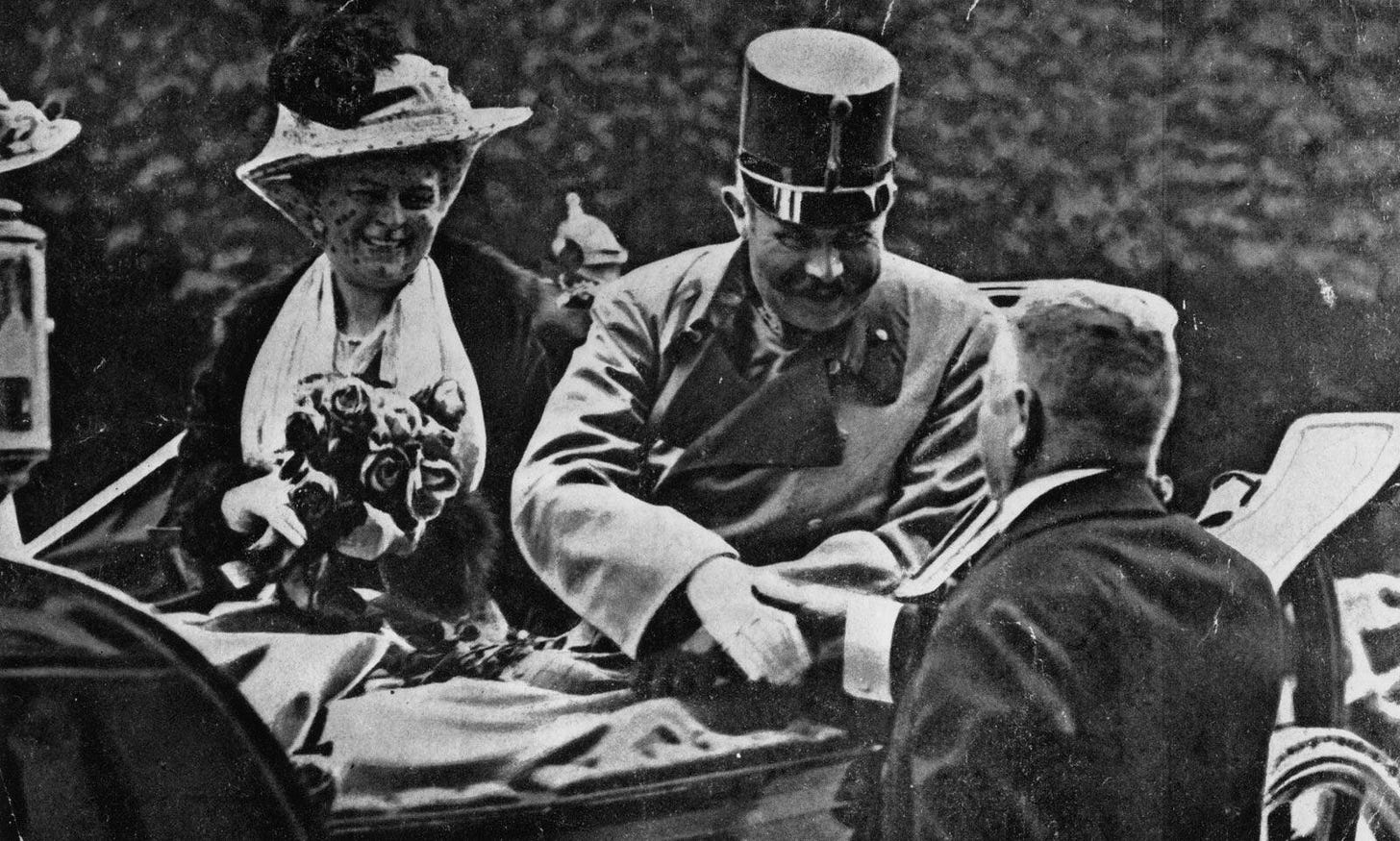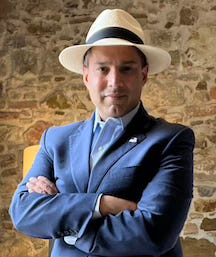Pizza, Iran, and a Zen Master
How Charlie Wilson's War helps explain my outlook for the Middle East
Last week I wrote about the Pentagon Pizza Index, which for decades has seemingly predicted world events. The idea is to monitor DC-area pizza shops for spikes in business, the thinking being that a crisis would require late nights for those working in national security, and they would need to order something to eat.
The practice apparently originated with Soviet spies in the 1980’s, who used to track pizza delivery cars, and journalists at the time also noted increases before the invasions of Grenada and Panama, respectively. After pizza deliveries to the Pentagon and Langley spiked the night before the U.S. invasion of Iraq in 1990, the concept broke out into the public imagination. At the time, CNN’s Wolf Blitzer remarked, “Always monitor the pizzas.”
Pizza's Power to Predict
Recently, I’ve been intensely focused on all things pizza – a natural consequence of my having recently started a frozen pizza manufacturing business. Pizza news, the pizza market, anything affecting…
The idea caught my eye after the Israel attack on Iran earlier this month. The X account Pentagon Pizza Report noted increased activity in pizza shops near the Pentagon; the attacks started the next day. And I had no sooner posted my article about this when pizza deliveries spiked again. The U.S. bombed Iran soon thereafter.
In the wake of the U.S. bombing, pundits went into overdrive trying to predict what would happen next. There was a lot of hyperventilating about oil prices, the U.S. getting sucked into yet another war, a fractured MAGA base. But now that the dust has settled a bit – barely a week later – those concerns seem overwrought, at least for now.
Against the expectations of media, think tanks, and the foreign policy establishment – what Obama speechwriter Ben Rhodes sneeringly referred to as “The Blob” – the Trump Administration has seemingly pulled off what was thought to be impossible: the U.S. “obliterated” Iran’s nuclear sites without escalating the conflict, and then negotiated a ceasefire. Oil prices leveled off and the stock market saw gains this week. Now the debate has moved on, and the media is focused on whether Iran’s nuclear capability was “obliterated” or only set back a few months.
I have thought and written about Iran for years and my opinion on the matter has been unequivocally clear: Iran is an existential threat to U.S. interests and under no circumstances should it be allowed to develop nuclear weapons capability. Diplomacy and negotiation are always preferable, but if it requires kinetic action, then so be it.
I have also long predicted that such action would be necessary. After the October 7th attacks on Israel, I noted the potential for a wider escalation and asked if Israel – viewing Iran as an existential threat – would now attack Iran’s enrichment facilities. I also predicted that the U.S. would back Israel and that we would join in on the attack.
Iran is an existential threat to U.S. interests and under no circumstances should it be allowed to develop nuclear weapons capability.
But my main concern has always been that the Israel-Iran conflict could end up as a proxy war between the U.S. and China. Both countries have vital interests at stake and are keen to diminish the influence of the other in the region. If the U.S. were to engage in military action, how high were the chances of an accidental conflagration? What if Chinese-supplied weapons shot down U.S. planes? Or if Chinese advisors were killed in U.S. strikes?
Think of the 2018 incident between the U.S. military and the Wagner Group in Syria. Pro-Assad forces – including Russian mercenaries – launched a major attack on a Syrian Democratic Forces (SDF) headquarters. U.S. Special Forces personnel were at the headquarters, and when they came under fire, they called in support. American gunships and artillery responded, decimating the attacking force; Russians were among the dead.
It’s not hard to imagine an Archduke Franz Ferdinand-type situation that sparks a Sino-American crisis or another world war. (And for anyone looking for a good summer reading suggestion, I’d suggest Barbara Tuchman’s Pultizer Prize-Winning The Guns of August. It is among my favorite history books and reads like a novel, providing a gripping account of the events that led to World War I.)
None of this seems likely to happen as of now, but I am reminded of a scene at the end of Charlie Wilson’s War. As Charlie Wilson (played by Tom Hanks) exults at the defeat of the Russians and their withdrawal from Afghanistan, CIA operative Gust Avrakotos (played by Phillip Seymour Hoffman) tells him the story of the little boy and the Zen Master, which I paraphrase here:
The boy got a horse for his birthday and everyone in the village said, “How wonderful!”
The Zen Master said, “We’ll see.”
Then the boy fell off his horse and broke his leg, and all of the people in the village said, “How horrible!”
The Zen Master said, “We’ll see.”
Then a war broke out and all of the boys in the village go off to fight but the boy doesn’t because he has a broken leg. All of the people in the village think he is lucky, but the Zen Master says, “We’ll see.”
So…has a crisis been adverted? Did the U.S. destroy Iran’s ability to build nuclear weapons? Did the U.S. really avoid getting sucked into another war? Will the ceasefire hold? Is Iran going to accept its fate and not engage in significant retaliatory attacks or activate sleeper cells? Has the Middle Eastern power map been rewritten? Has a U.S.-China proxy war been adverted?
For now, the answers seem to be yes.
But we’ll see.
VIKRAM MANSHARAMANI is an entrepreneur, consultant, scholar, neighbor, husband, father, volunteer, and professional generalist who thinks in multiple-dimensions and looks beyond the short-term. Self-taught to think around corners and connect original dots, he spends his time speaking with global leaders in business, government, academia, and journalism. He’s currently the Chairman and CEO of Goodwell Foods, a manufacturer of private label frozen pizza. LinkedIn has twice listed him as its #1 Top Voice in Money & Finance, and Worth profiled him as one of the 100 Most Powerful People in Global Finance. Vikram earned a PhD From MIT, has taught at Yale and Harvard, and is the author of three books, The Making of a Generalist: An Independent Thinker Finds Unconventional Success in an Uncertain World, Think for Yourself: Restoring Common Sense in an Age of Experts and Artificial Intelligence and Boombustology: Spotting Financial Bubbles Before They Burst. Vikram lives in Lincoln, New Hampshire with his wife and two children, where they can usually be found hiking or skiing.







